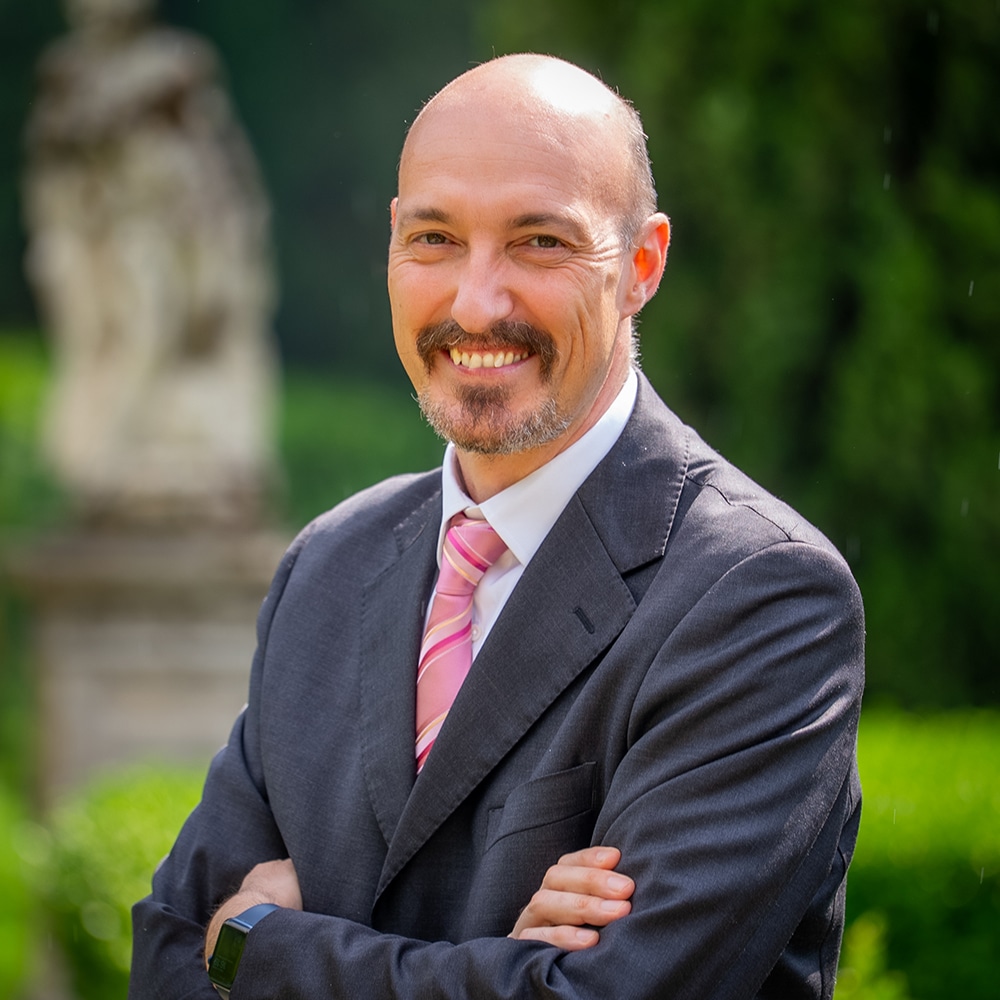COP28: takeaways of Prof. Simone Borghesi
This is the fourth and conclusive installment of the Topic of the Month: Inside COP28
On 13 December COP28 closed with a declaration that encourages the transition away from fossil fuels. The outcomes of this year’s UN climate conference in Dubai were received with mixed feelings by many experts and stakeholders worldwide. While some progress was made (e.g., the introduction of the loss and damage fund, designed to support developing countries that are most affected by climate change, and new financial pledges made by countries, international organisations and private actors), the negotiators fell short of concretely committing to an urgently called for fossil fuel phase-out.
Professor Simone Borghesi, Director of FSR Climate, took part in COP28and drew his personal conclusion from COP28: “Value nature”. As a leading environmental economist, Professor Borghesi underlines the fact that we must give an economic value to natural resources and economically account for damages to our environment. After all, nature is the basis of our economic system and using it sustainably is a fundamental economic interest.
Studies of carbon pricing mechanisms, such as the EU ETS, which account for the release of climate damaging GHG emissions into the atmosphere in certain sectors, show that this approach to value nature is effective. Professor Borghesi used the opportunity of being at COP28, to discuss the role of carbon pricing in moving the industry closer to net-zero emissions as well as the developments in the voluntary carbon market.
- Listen to the podcast interview with Professor Borghesi and Professor Ignacia Perez-Arriaga about the atmosphere at COP28 “Impressions from COP28: can the conference live up to the global expectation?”
- Watch FSR Climate at the EU side event at COP28 “Towards a Climate-Neutral Economy: The Role of Carbon Pricing in Moving the Industry Closer to Net-Zero by 2050”
- Watch FSR Climate at the UNFCCC side event at COP28 “The Evolving Voluntary Carbon Market: Reconciling the paradox between innovation and supervision”






